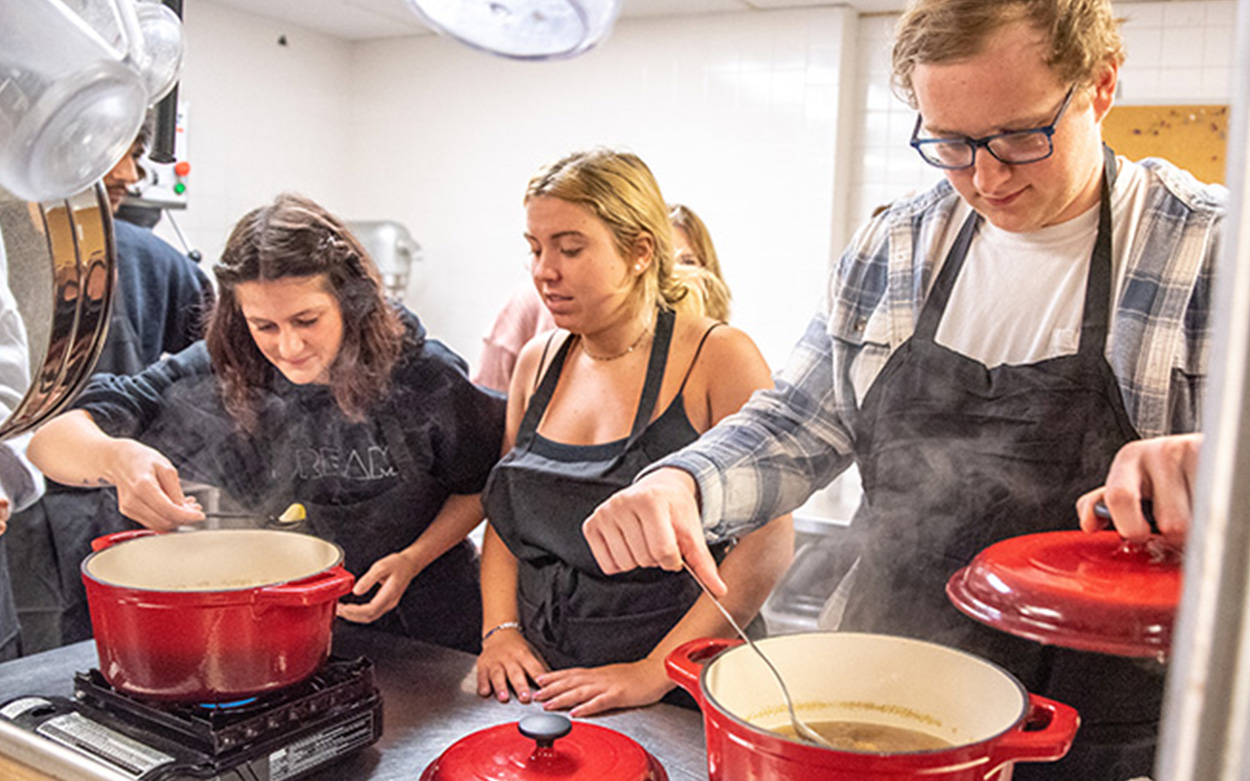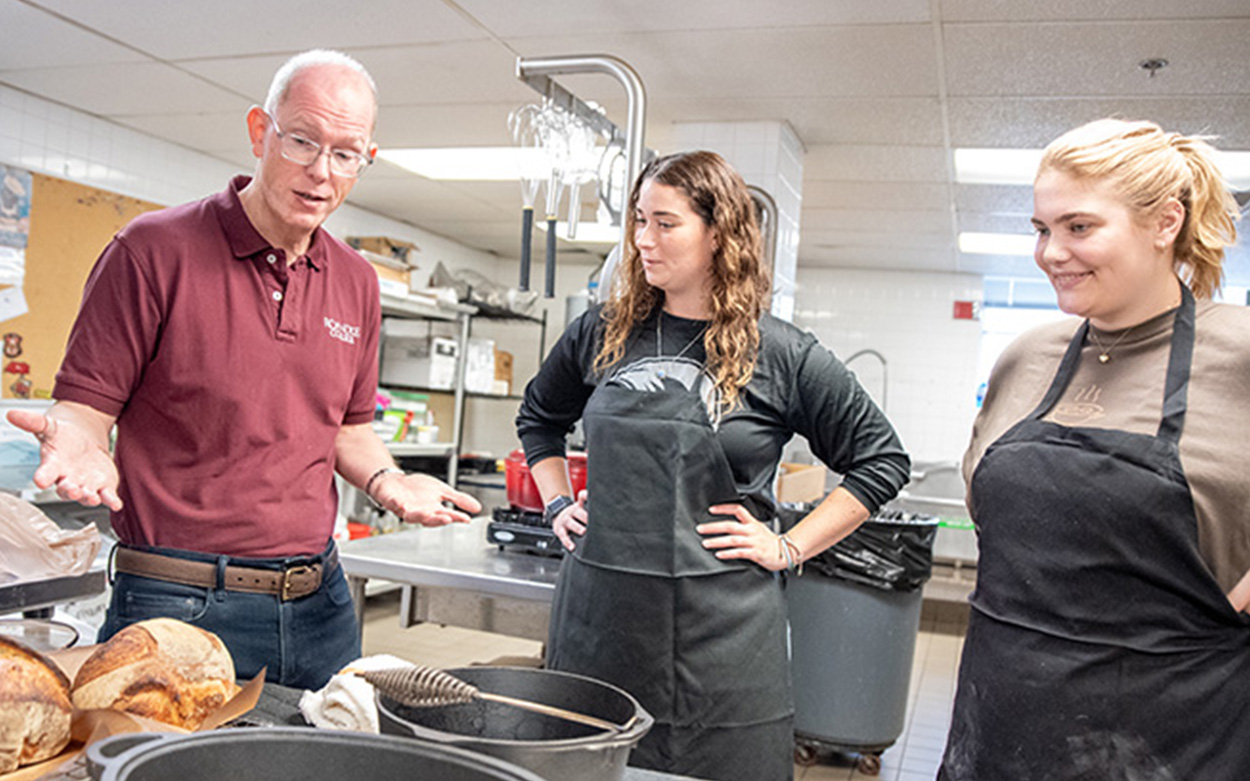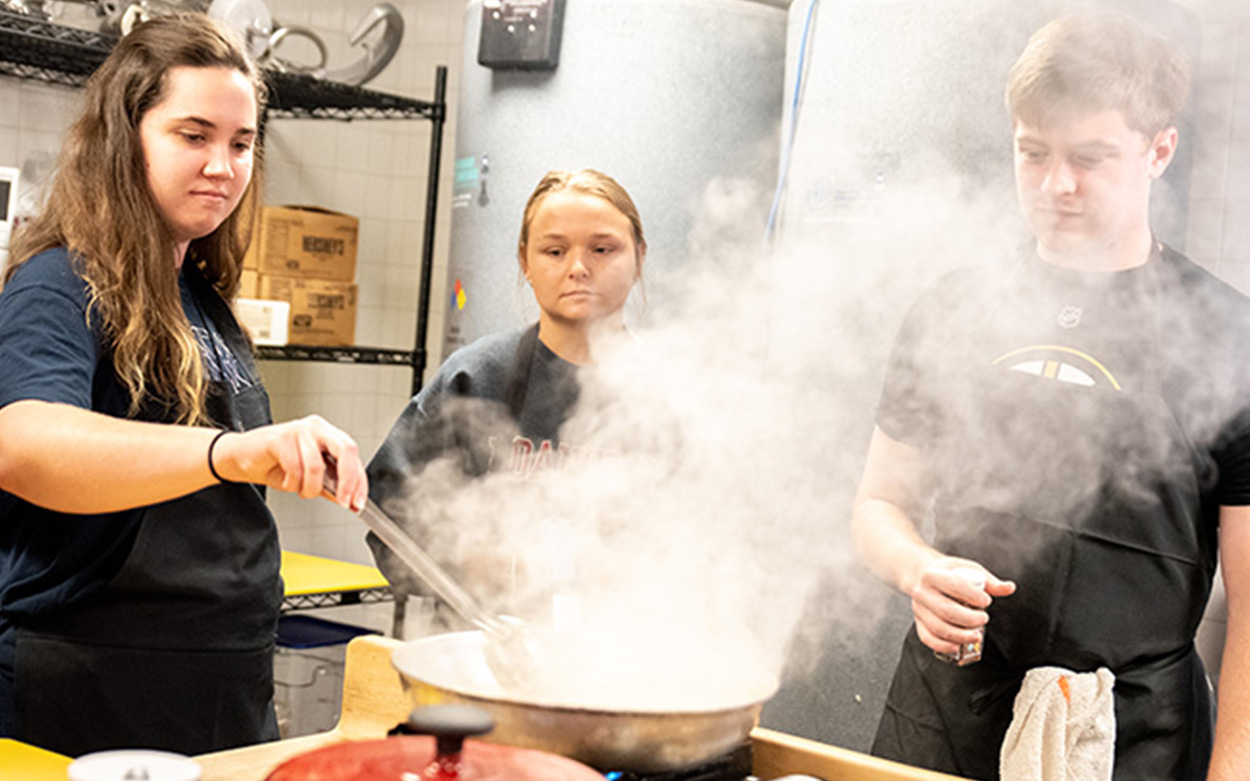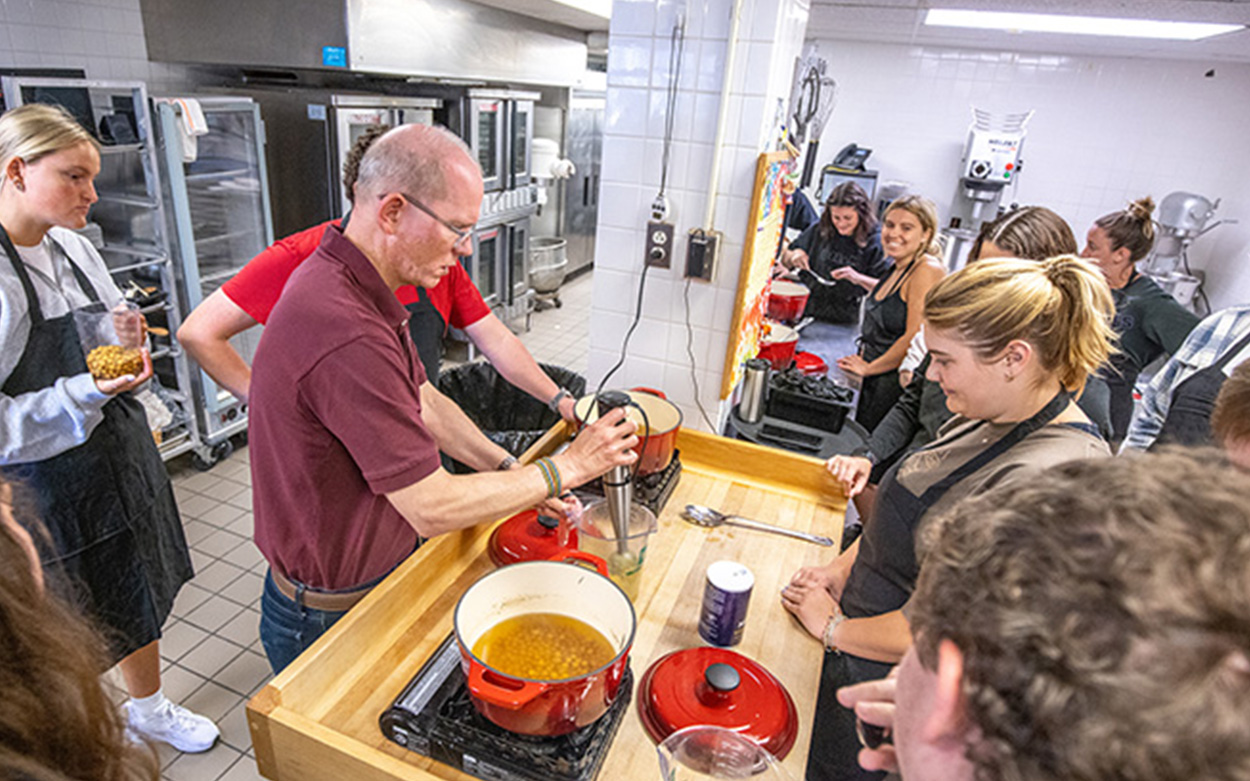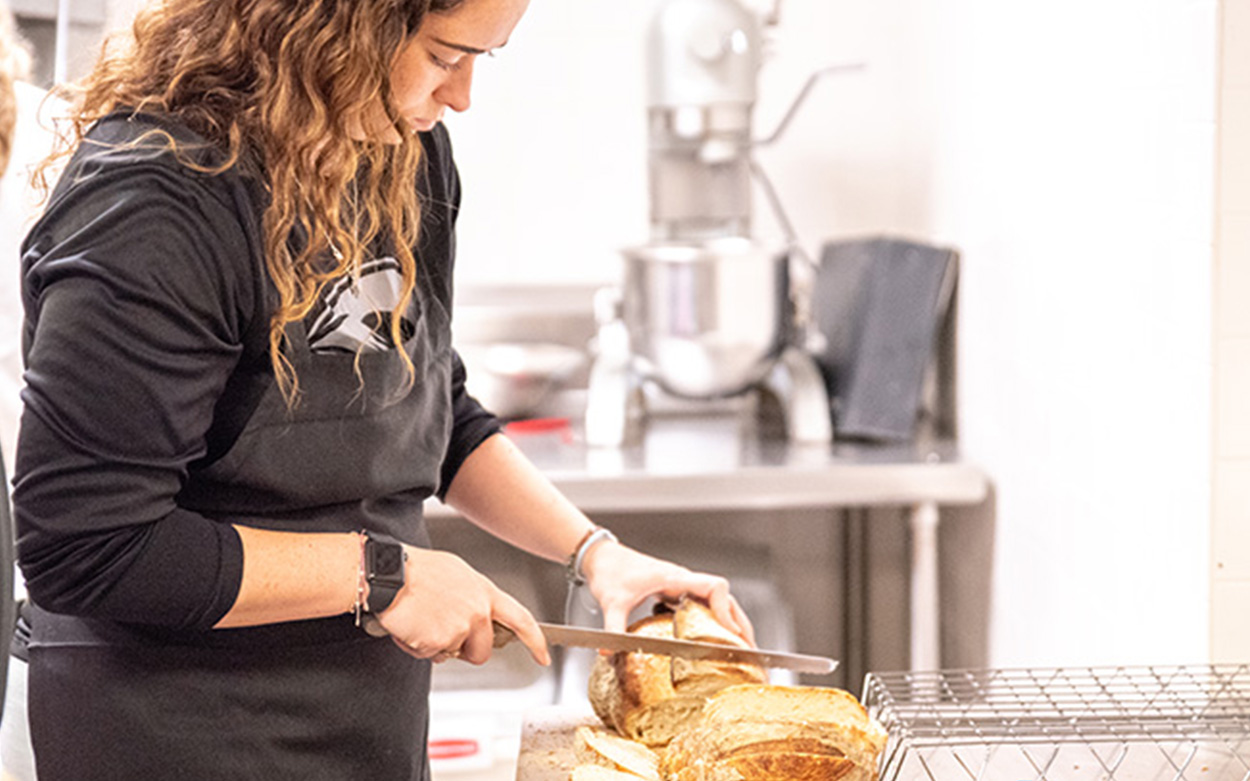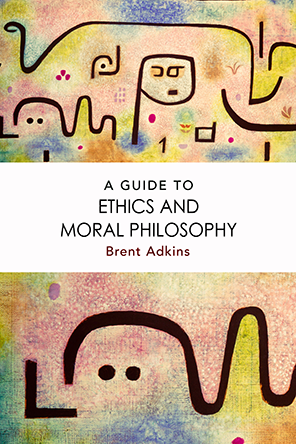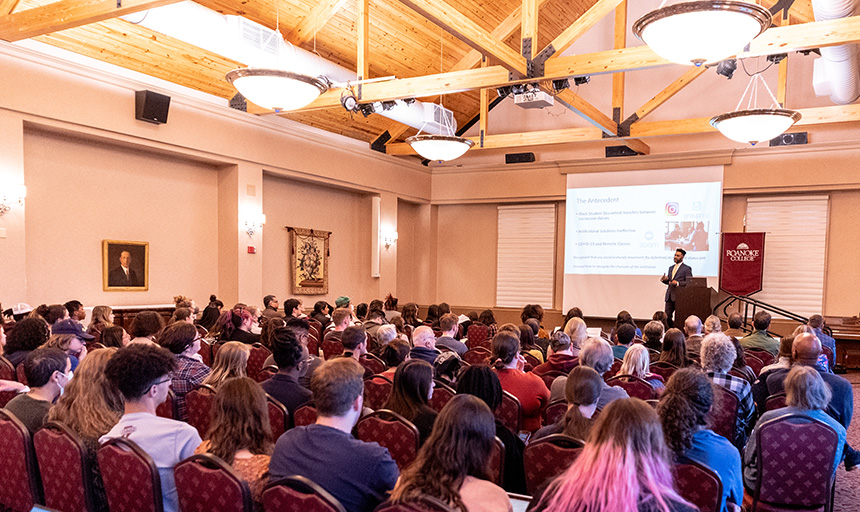Philosophy
Available as a major or minor
The study of philosophy examines the essential questions of human existence: "What is the best kind of life to live?" "What is the difference between right and wrong?" "Is life meaningful or meaningless?" "What is truth?"
A philosophy major prepares you to make a strong case for yourself, wherever you wish to go. Recent graduates are now in exciting careers in law, higher education and government.

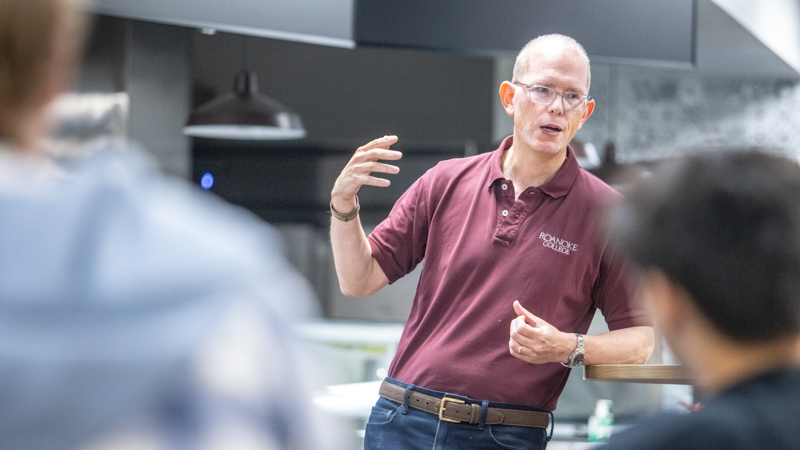
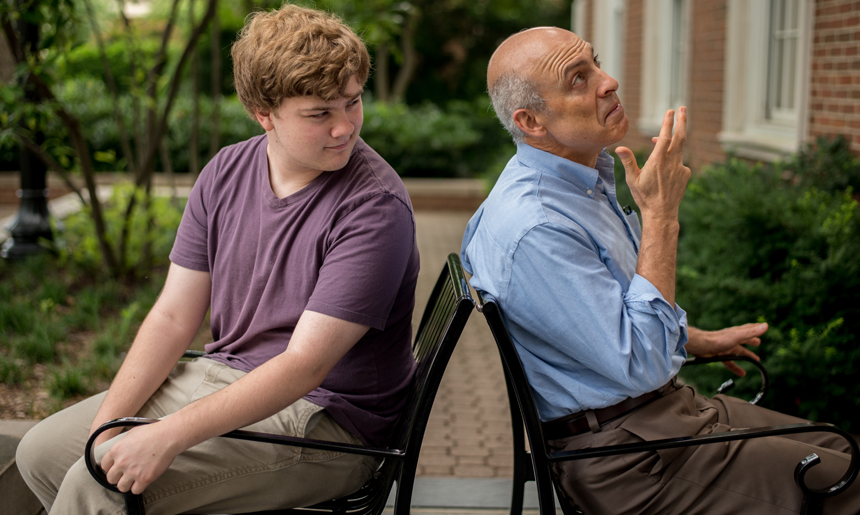
 During his time at Roanoke College, Benjamin Cowgill '17 completed research on youth persistence in the Anglican Church.
During his time at Roanoke College, Benjamin Cowgill '17 completed research on youth persistence in the Anglican Church.